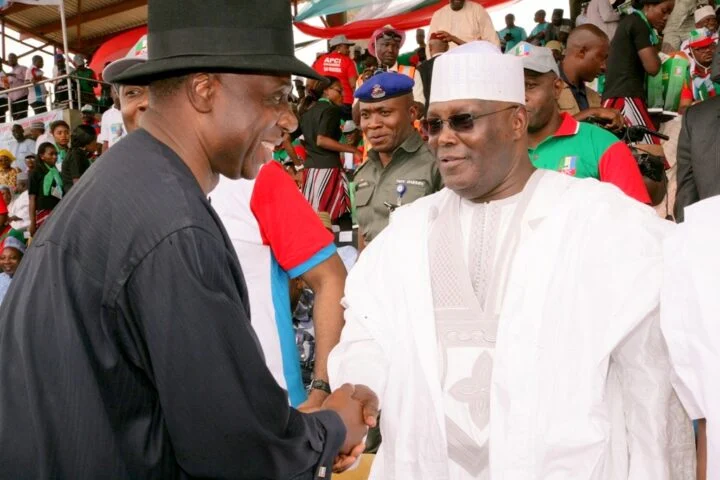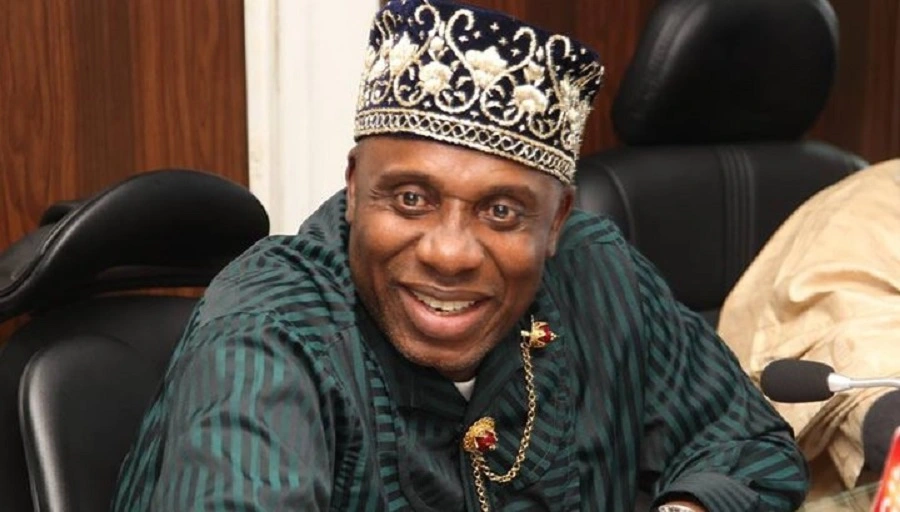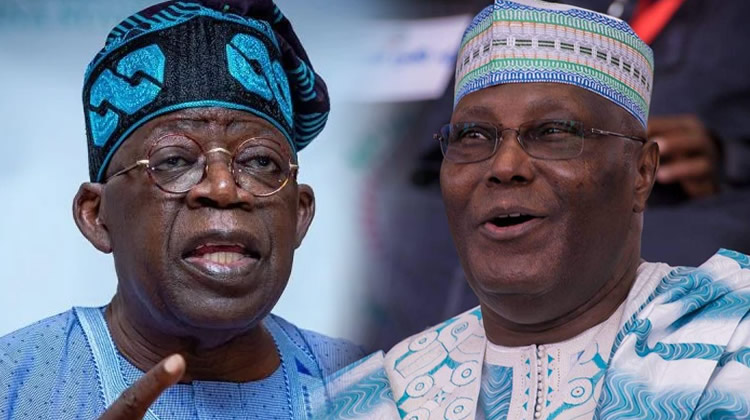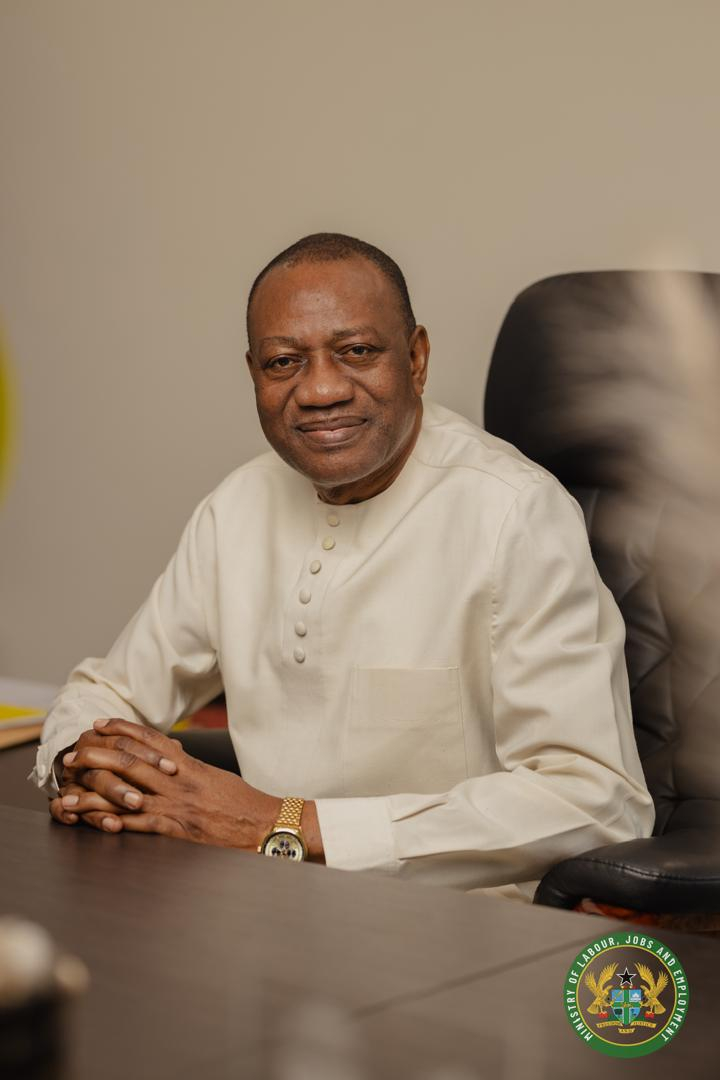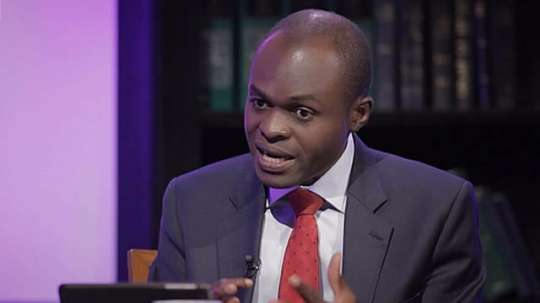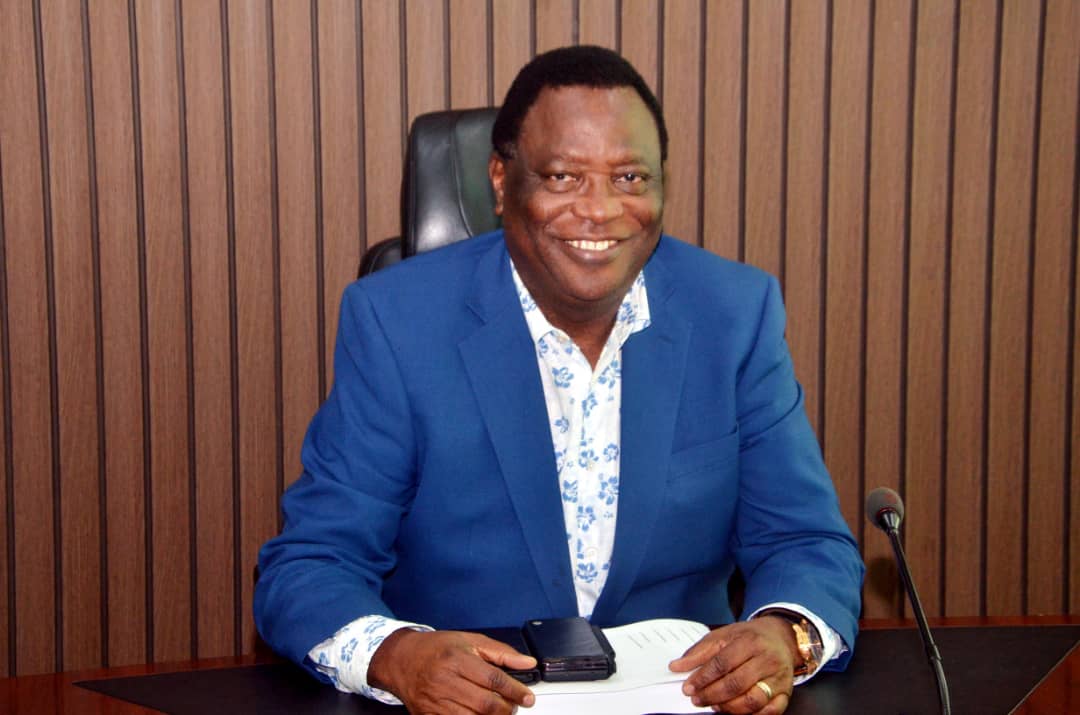Atiku, AfDB, PRP flag FG's loan plan despite 'impressive' IGR returns
Despite the government’s feeble explanation of its borrowing plan which it sent to the National Assembly on Tuesday, the move is increasingly getting flagged as the tone of Nigeria’s debt conversation pivots in less than a month from being jubilant to huge concern.
The concern stems from President Bola Tinubu’s intent to borrow more money, despite recently clearing its financial obligations of $3.4 billion to the International Monetary Fund.
Former Vice President Atiku Abubakar censured the move and strongly criticized President Tinubu’s plan to secure over $24 billion in new external and domestic loans, warning that the move threatens Nigeria’s economic stability and mortgages the country’s future.
In a statement titled: ‘Tinubu’s Addiction to Loans: Mortgaging Nigeria’s Future,’ Atiku described the borrowing spree as “reckless and dangerous,” pointing out that it would raise Nigeria’s total public debt from ₦144.7 trillion to ₦183 trillion, a figure he says is unsustainable.
“The Tinubu-led administration is borrowing not for development, but to service existing debt,” Atiku said. “This has turned Nigeria’s public finance into a Ponzi scheme.”
He noted that the proposed loans would consume more than 60% of Nigeria’s foreign exchange reserves, while the debt-service-to-revenue ratio has already surpassed 130%, and public debt has reportedly increased by over 65% since Tinubu took office in 2023.
Atiku also highlighted that under the APC-led government since 2015, total debt has surged by over 1,000%, from ₦12.6 trillion to ₦144.7 trillion.
Calling the situation “economic sabotage in plain sight,” Atiku urged lawmakers, civil society organisations and the international community to intervene and halt the borrowing plan. “Nigeria must not be sold into debt slavery,” he warned.
Similarly, the African Development Bank (AfDB) flagged Nigeria’s rising debt costs, stating that the country is projected to spend 75% of its revenues on interest payments in 2025. This is according to the newly-released AfDB’s 2025 African Economic Outlook titled ‘Making Africa’s Capital Work Better for Africa’s Development.’
According to the bank, a country’s debt-to-GDP ratio may be low and still face high debt burdens if substantial shares of revenue are channelled towards debt service payments.
“So, despite the debt-to-GDP ratio being low, a country can still face high debt burdens if substantial shares of revenue are channelled towards debt service payments. Nigeria presents a classic case in point. In 2025, the country’s public debt was projected at 47 per cent of GDP. In contrast, three-quarters of federal government revenues were projected to be spent on federal government interest payments,” the AfDB report noted.
The AfDB further explained that while many African countries experienced declining debt levels in 2022–2023 due to favourable interest-growth differentials, this trend remains vulnerable.
A slowdown in economic growth or a rise in interest rates, the Bank noted, could reverse recent gains. Moreover, reckless fiscal behaviour and excessive borrowing, especially on commercial terms, could undermine progress.
The debt-to-GDP ratio, in simple terms, is the percentage of a country’s total public debt compared to its Gross Domestic Product (GDP). Data from the Central Bank of Nigeria (CBN) shows that Nigeria spent over $2.01 billion on external debt servicing between January and April 2025, marking a 50% jump compared to the same period in 2024.
In the same vein, the Peoples Redemption Party (PRP), has asked President Tinubu to stop mortgaging the future of Nigeria. National Chairman of the party, Falalu Bello, made the call in a statement on Thursday. Bello condemned the incessant borrowing without accountability or visible results, adding that most of the loans are allegedly embezzled by officials in the current administration, further impoverishing the nation and burdening posterity with irredeemable debts.
He added that instead of channelling borrowed funds into meaningful infrastructural development, social investments, or economic diversification, the government continues to squander Nigeria’s future on frivolous projects and opaque contracts.
According to him, recent revenue data from key government agencies indicate a promising capacity for domestic revenue generation, which if properly harnessed, could reduce the need for borrowing. He added that Nigeria deserves transparent governance, prudent fiscal management and a government committed to the welfare of its citizens, demanding an immediate halt to what he called reckless borrowing.
BUT former Minister of Finance, Dr. Kalu Idika Kalu, has declared that there is nothing wrong with borrowing. He however stressed that borrowing would only make meaning if the borrower were creating value with the borrowed funds.
The foremost economist made the assertion in Umuahia, Abia State capital during a public lecture titled: ‘Two Years of Transformation: Sustaining the Momentum.’ He stressed that sensible borrowing is a way of enhancing faster and broader growth for the creation of jobs, and the creation of capacity and infrastructures.
The former Minister of Finance spoke during a special anniversary lecture held in Umuahia, as part of activities marking the second year in office of Governor Alex Otti of Abia State.
His words: “There is nothing inherently wrong in borrowing. If you are creating value, that’s where borrowing comes in. I’ve already heard the administration’s notion that borrowing is a problem, I think there would be an occasion to show that, far from being a problem, it is a way of enhancing faster and broader growth for the creation of jobs, the creation of capacity, development of infrastructures and the creation of employment.”
This is as the Unified Nigeria Youth Forum (UNYF) urged the Federal Government to prioritise the monetisation of idle public assets over continued borrowing. The forum warned that excessive reliance on debt is weakening Nigeria’s economic foundations.
National President of UNYF, Toriah Olajide Filani, in a statement, compared the loan amount to the estimated net worth of Africa’s richest man, Aliko Dangote, which is believed to be between $24 billion and $25 billion.
Filani noted that the amount the Nigerian government is seeking to borrow in a single move is roughly equivalent to the entire wealth accumulated by Dangote over decades of hard work, strategic investment, and industrial expansion.
He argued that such an enormous sum, if approved, would most likely be squandered on material indulgences such as luxury vehicles, opulent houses, and bloated administrative expenditures, rather than being invested in meaningful development projects.
Stating glaring contradictions in government priorities, Filani lamented: “You cannot be borrowing and at the same time buying a $150 million private jet. You cannot be borrowing and at the same time living large.”
He cited recent government expenditures as evidence of fiscal irresponsibility, referencing reports that senators and House of Representatives members each received vehicles reportedly worth N160 million, while N90 billion was allocated to subsidise hajj pilgrimage, and N21 billion was spent on renovating the Vice President’s residence. He also pointed to the presidential car fleet reportedly valued at N980 million.
“In a country where these kinds of expenditures are normalised, it’s obvious what borrowed money will be used for — no matter the narrative, they will always have an explanation to cover their corruption,” he said.
Filani called on the government to provide tracking identification numbers for all publicly funded projects to allow citizens to monitor implementation and spending phases, stressing that transparency is essential if the government expects public support for any future loans.
The group urged the government to prioritise internally generated revenue over foreign borrowing, stressing the importance of monetising idle public assets and optimising the use of the country’s arable land.
Describing the borrowing plan as a betrayal of earlier promises to cut the cost of governance, Filani pointed to inconsistencies in the government’s stance. He said: “While publicly endorsing the Oronsaye Report, which recommends the streamlining of ministries, departments, and agencies, the government continues to pursue loans that could destabilise the economy.”
Also, the leader of the Rescue Movement for New Nigeria, Faduri Oluwadare Joseph, on Thursday, criticised the President Tinubu-led administration for borrowing over ₦63 trillion in less than three years, an amount he claims had no visible impact on public infrastructure or social welfare.
In a statement, he questioned the logic of removing fuel subsidies, which the administration claimed would save the country billions, only to continue borrowing at record levels.
He condemned the Tinubu-led administration for what he called “organized irresponsibility,” citing the government’s debt practices, lack of transparency, and failure to deliver tangible benefits to Nigerians despite repeated claims of progress.
He said: “Until the people decide to take their country back, these leaders will not stop wrecking the economy and squandering our future. Nigeria must one day come to terms with the reality: we desperately need a generational shift in leadership a move away from these recycled politicians to a new breed with vision, integrity, and empathy.
“In less than three years, Tinubu’s administration has borrowed over ₦63 trillion. Where is the accountability? Recovered looted funds are reportedly being re-looted, and no one is held to account. Meanwhile, millions of Nigerians are trapped in poverty. Food and living costs are sky-high.
Unemployment remains rampant. Insecurity grips every region like never before. And still, the borrowing continues with zero transparency or traceable development to show for it.”
